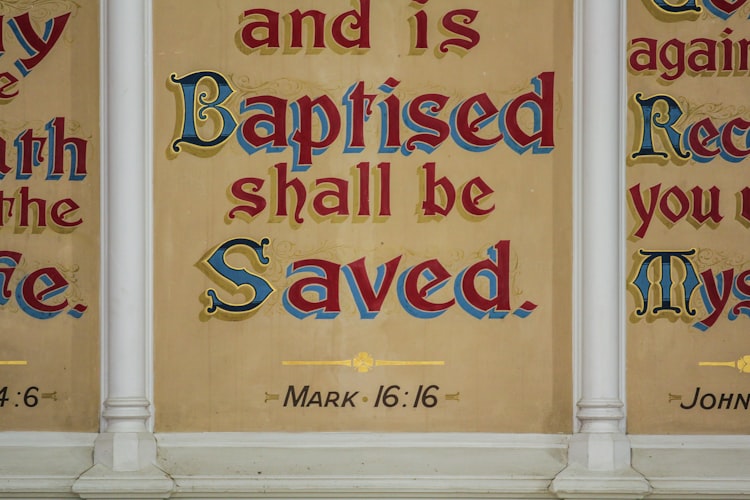Question: New Testament Antisemitism
The Gospel of John contains passages like 8:44, where Jesus, addressing the Jewish, tells them that "You are of your father, the devil." This has been used throughout history to justify antisemitism and antisemitic acts. I'm curious about your perspective on this. Is there a way to read this with more nuance? Have passages like these simply been horribly misused? Or is this simply a case of the author's antisemitic attitudes finding their way into scripture?
Any response to this must note that Christianity and antisemitism are inexorably linked. As soon as Gentiles made up a significant portion of Christians, churches had to deal with the deadly consequences of antisemitic attitudes and actions. To pretend otherwise is to ignore centuries and centuries of history.
The early church fathers—whom I deeply admire—are guilty of this as well.
Antisemites throughout church history used the Gospel of John most frequently. It refers to "the Jews" in a negative sense over 31 times. And the 8:44 passage is pretty damning. Later readers picked it up as clear proof that Jews were literally from Satan.
However, we must remember that the New Testament was written entirely by Judeans and Galileans (with the exception of Luke, a Gentile) about a Jew—Jesus of Nazareth. In the first century, Christianity was not perceived as a separate religion, but rather as an intra-Jewish dispute between sects.
Scholarly consensus has moved away from translating the Greek words Ioudaioi/Ioudaikos as "Jews/Jewish" but more specific terms dependent on context. Why? Well, Judaism was not a fully developed concept until after the destruction of the Second Temple and the formation of rabbinical Judaism.
Rather Ioudaioi was an ethnic-geographic term better translated as "Judeans."
In the case of the Gospel of John, it was composed after the destruction of the temple and the annihilation of the priestly caste, the Sadducees. John probably used Ioudaioi instead of Sadducees since it had become a term that would have meant nothing to his audience. Modern translations, therefore, like the TNIV and CEB have moved towards translating Ioudaioi in John as "Jewish leaders" since that seems to be John's intent.
Now, calling "Judean religious leaders" the "children of the devil" is still pretty incendiary rhetoric. But the Gospel of John also takes time to hold up other Jewish examples as paragons and examples (e.g., the Pharisee Nicodemus in John 3 and John 19).
While John clearly had rhetorical goals to cast Judean religious leaders in the most unflattering light, there's no exegetical reason to read that as Judeans being inherently evil or irredeemable. (Remember, Jesus called Peter "satan" but also said, "on this rock/petros I will build my church").




Member discussion